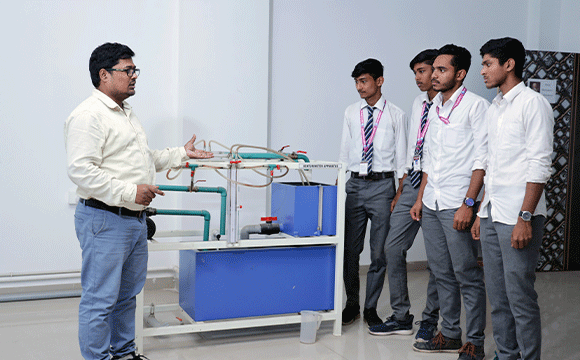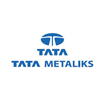Programme Overview
After completion of the mechanical engineering diploma course, students will have a broad set of skills after the completion of this course, that prepare them for various career opportunities, including product design, manufacturing, automotive engineering, or research and development.
Covers the principles of statics and dynamics, enabling students to analyze and design mechanical structures and systems.
Introduces the basic laws of thermodynamics and their applications in energy conversion systems and refrigeration.
Provides a comprehensive understanding of fluid properties, behavior, and principles of fluid flow, including applications such as pumps and turbines.
Explores various manufacturing techniques, including machining, casting, welding, and material handling.
Focuses on the design and analysis of mechanical components and systems, including stress analysis and material selection.
Covers the principles of conduction, convection, and radiation heat transfer, essential for designing efficient heat exchange systems.
Provides an introduction to robotics, programmable logic controllers (PLCs), and computer-aided design (CAD) tools, enhancing students' knowledge of modern manufacturing practices.
Allows students to specialize in areas such as automobile engineering, renewable energy applications, or aerospace engineering.
















